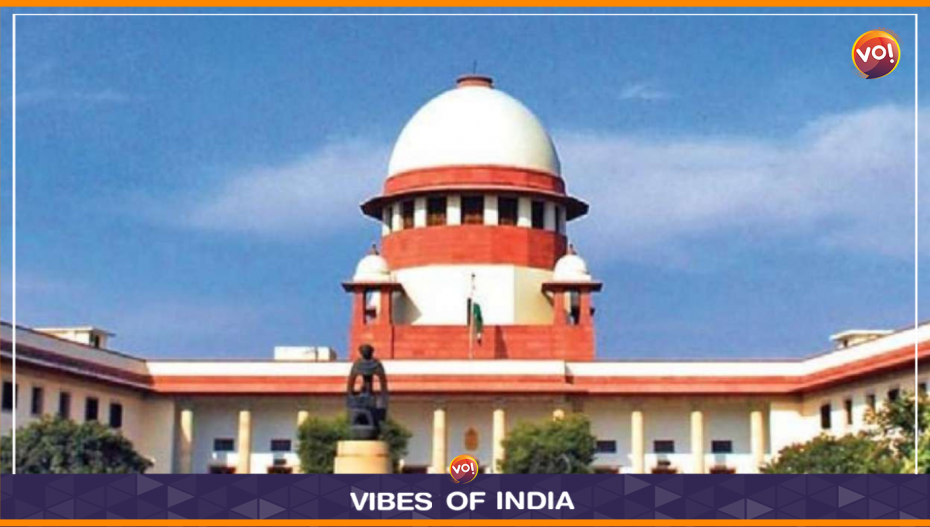The centre has informed the Supreme Court that the chief of the Enforcement Directorate, Sanjay Mishra, will step down from his post in November.
This announcement was made on Monday and comes as the international watchdog Financial Action Task Force (FATF) is carrying out an exercise to verify whether India has the necessary mechanisms in place to combat money laundering and financial terrorism.

The FATF exercise is set to be concluded by June next year, and Mishra’s tenure was extended to ensure that India fares well in the review process, which is crucial.
Appearing for the Centre, Solicitor General Tushar Mehta told the court that Mishra’s tenure was extended to facilitate the FATF review process and that the officer is not indispensable for the agency. Mehta stated that the review process is lengthy and will continue for 18 months, passing through different phases.
Although the exercise is likely to be concluded only by June next year, a substantial part of it will be over by November. Mehta’s comments came in response to a batch of petitions, including a plea by Congress’ Randeep Surjewala and TMC’s Mahua Mitra.
However, Amicus curiae and senior advocate K Vishwanathan argued that extensions and amendments were illegal and could be misused by successive governments. Vishwanathan submitted that piecemeal extensions of tenure by one year each, subject to a maximum cumulative tenure of five years, undermines the independence and integrity of the office of the ED chief.
“This may be misused by successive governments and the amendments would haunt the country,” he said, pleading the court to keep in mind “larger interests of democracy” while deciding the case.
The bench after hearing all sides reserved its order on the petitions. Post-9/11 terror attacks, FATF certifications have taken on enormous significance with countries like Pakistan falling afoul of the verification exercise to land on its list which leads to the denial of funds and international opprobrium.
The petitioners, Moitra and Surjewala, alleged that extensions were being given to Sanjay to make the agency toe the government’s line and were, thus, influencing ED’s investigation in several cases.
They said the amendment gave unfettered discretion to the government to keep the ED director obliged by promising him an extension, which was completely against the SC rulings in Vineet Narain and Common Cause cases where the apex court had secured a fixed tenure of two years to the director of CBI with the noble intention of insulating him from political interference.
Also Read: EC Issues Notice To BJP For Graft Charges Against Congress













